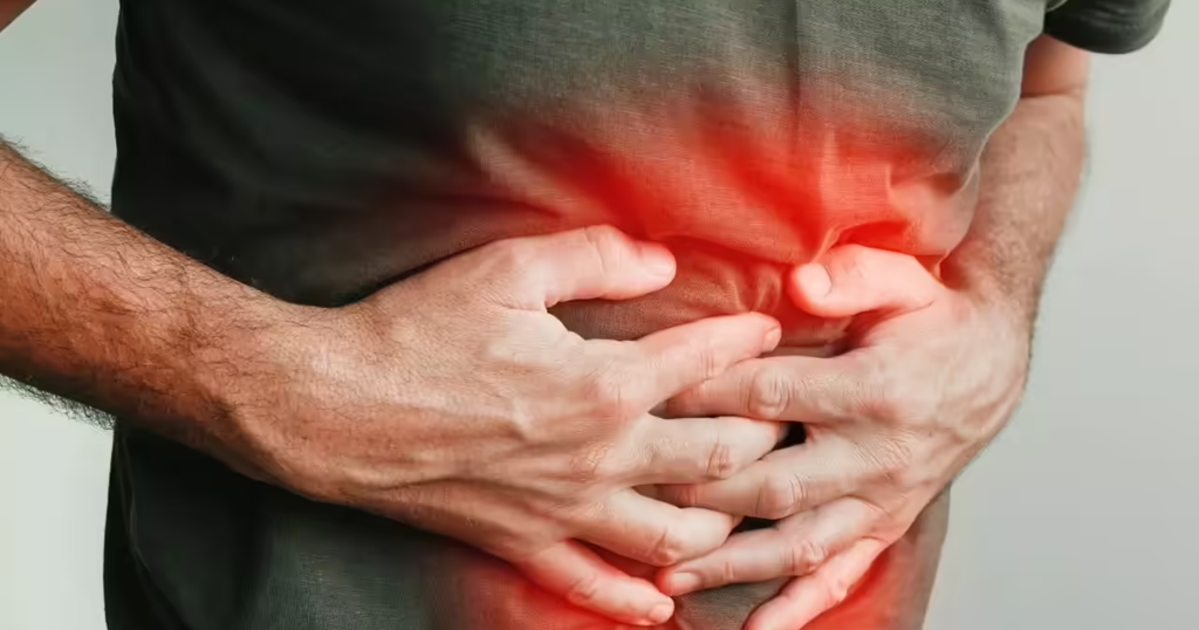In 2014, stomach cancer ranked eighth among the leading causes of cancer-related deaths, with nearly 90% of cases linked to Helicobacter pylori (H. pylori) infection. Other risk factors include high-salt and pickled diets, smoking, and chronic gastric issues. What makes the disease particularly dangerous is that early-stage stomach cancer often shows no symptoms, leading many to overlook warning signs like bloating, nausea, acid reflux, and appetite loss.
According to Xu Zhaodian, Director of the Endoscopy Department at Lian’an Clinic, misconceptions about the disease persist. While many believe oily and processed foods like barbecue, fried chicken, and sausages are the main culprits, studies reveal that H. pylori remains the primary factor. About 90% of stomach cancer patients and over 90% of duodenal ulcer cases test positive for the bacteria. Pre-cancerous conditions such as chronic or atrophic gastritis and intestinal metaplasia are also strongly associated with infection.
H. pylori thrives by colonizing the stomach lining and neutralizing acid to survive. Eliminating the bacteria before cancer develops can greatly reduce the risk. Xu stresses that early screening and treatment are critical for prevention, especially for high-risk individuals.
People most at risk include those with a family history of stomach cancer, older adults (men over 50 and women over 45), individuals with chronic gastritis or gastric ulcers, and those already carrying H. pylori. Lifestyle factors such as smoking, alcohol use, frequent consumption of pickled or salty foods, and a history of partial gastrectomy also increase vulnerability.
The bacteria can remain dormant for years, spreading mainly through oral or fecal transmission. Shared meals, contaminated food or water, and inadequate hygiene are common sources of infection. Xu advises that if one family member tests positive, the entire household should undergo screening and treatment to prevent reinfection.
Treatment requires strict adherence to prescribed medications to ensure eradication. Xu warns that incomplete treatment can lead to drug resistance. In complex cases, additional testing and culture analysis may be necessary to determine the best course of therapy.
Preventing stomach cancer involves not only medical treatment but also healthy daily habits—washing hands regularly, avoiding unsafe water and food, reducing intake of smoked and pickled dishes, eating more vegetables and fruits, and quitting harmful habits like smoking, drinking, and betel nut chewing.



